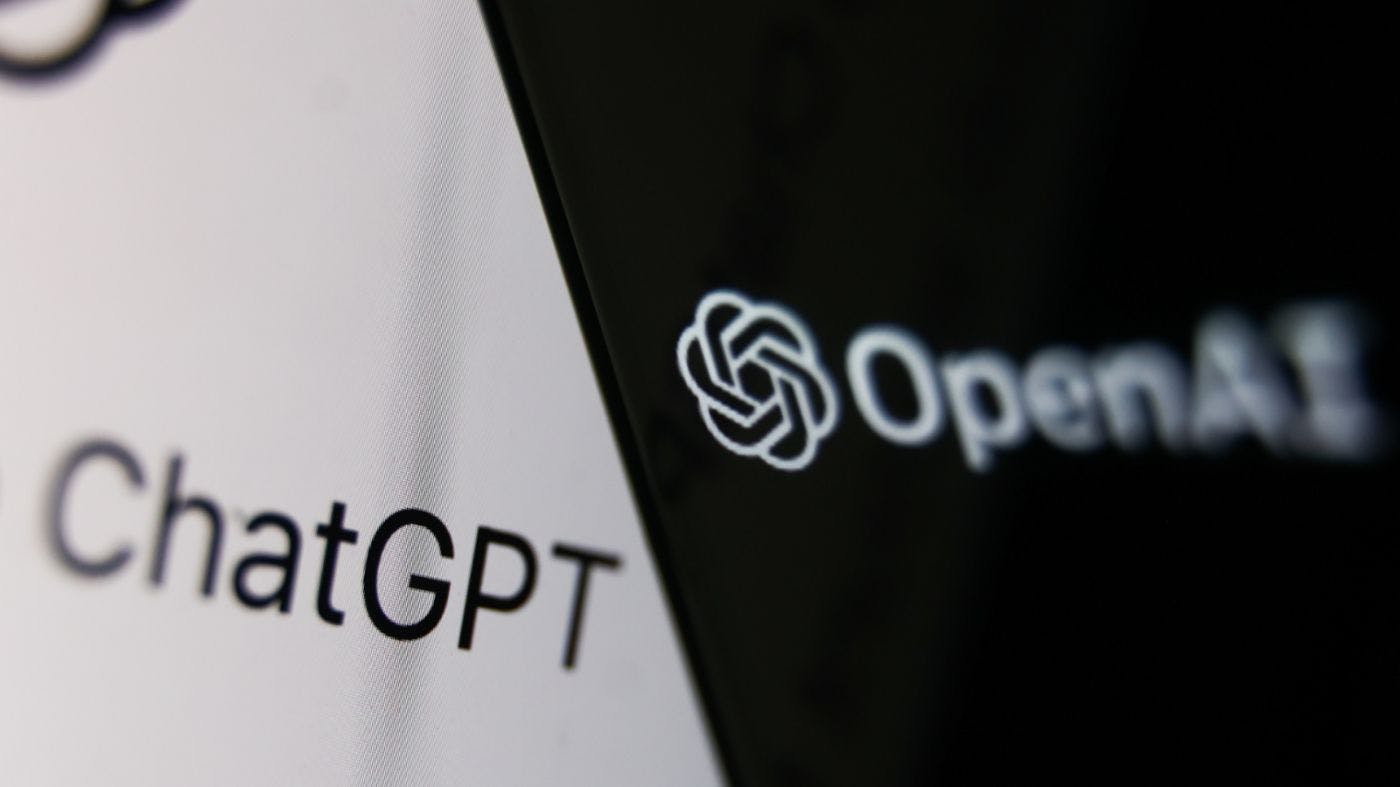350 reads
Hackers are Already Using ChatGPT in the Wild
by
January 10th, 2023
Audio Presented by

Chris Ray is a senior member of a local 35+ B-league hockey team and also occasionally blogs about cybersecurity topics.
About Author
Chris Ray is a senior member of a local 35+ B-league hockey team and also occasionally blogs about cybersecurity topics.
